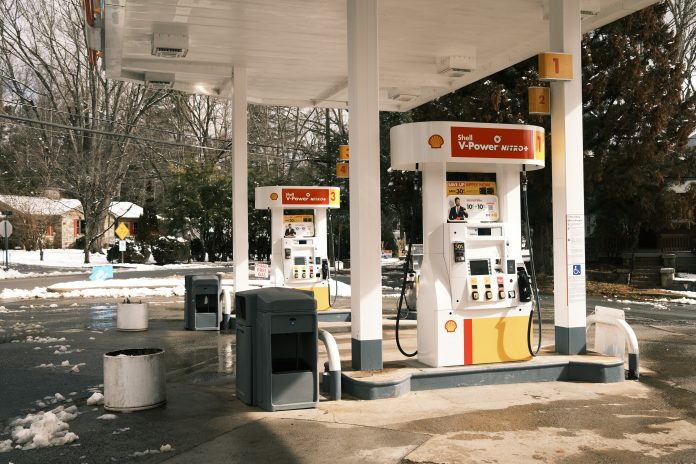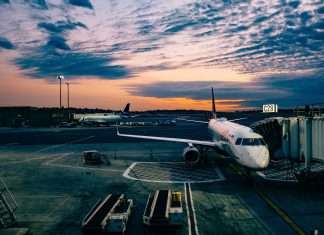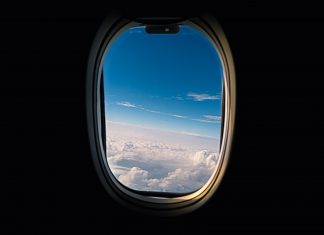In an economic climate characterised by rising prices, particularly gas, in part arising from the Russia-Ukraine conflict, as well as a tentative recovery from the pandemic, how can those in the travel industry, including insurers, prepare?
In a recent whitepaper, Air Doctor has explored how rising fuel prices will influence travel, as well as how to address key customer concerns.
Air Doctor’s core mission is to provide healthcare for travellers whilst abroad. However, travellers and holidaymakers are facing an increasingly challenging landscape that is making travel less appealing and affordable. The InsurTech focussed in particular on the impact of the increase in gas prices and its effect on tourism.
Gas prices are at an all-time high, according to the US Energy Information Administration, with retail gasoline prices averaging $4.86 per gallon in the US.
What’s more, is that other countries across the world as experiencing even higher prices, since US gas prices are among the lowest in industrialised nations as the federal government levies very few taxes on fuel.
A report from JPMorgan predicted that the US could surpass $6.20 per gallon as the national average by August this year. There is a general consensus these high prices are going to stick.
The ongoing Russia-Ukraine crises plays a key role in this, but a post Covid-19 surge in demand for fuel has also exacerbated the issue. The problem with these rising gas prices, Air Doctor stresses, is that it creates a domino effect that impacts every aspect of transportation and goods.
Air Doctor pointed to a Consumer Airfare Index Report by Hopper, an app which tracks prices for flights and hotels, which revealed that the average cost of a round-trip was $235 at the beginning of 2022. Since then, ticket prices have increased by 40% to $330. An economist at Hopper, Adit Damodaran said, “Not only are the current prices that travellers are paying extremely high compared to historic price data, but the rate of increase has also been particularly steep since January.”
According to Air Doctor, non-essential travel will likely bear the brunt of this, and travellers are likely to think long and hard before taking to the skies. Moreover, the surge in prices does not only have implications for airfares, but also on global shipping. The New York Times reported that Amazon has plans to impose a ‘fuel and inflation surcharge’ for sellers whose goods it stores and delivers.
The question remains, how will these increasing prices affect tourism and travel habits? And importantly, what can travel companies do to plan for those changes?
Air Doctor suggested that the effect of energy prices are likely to be most noticeable in the types of vacations people take, rather than a complete contraction in travel in general.
According to a survey published by Longwood’s International about American traveller sentiment, 38% of travellers say that gas prices will affect their travel plans during the next six months, with only 18% saying that rising gas prices will have no impact on their travel plans. By comparison, only 20% of travellers said that Covid-19 had any impact on their decision-making process.
Given the challenging landscape, Air Doctor said that now is the time for tour operators and travel-related companies to adjust. The company added that fewer people will be actively looking for travel packages, so travel brands should be looking to reach out to indecisive travellers. The same applies to travel insurers.
Moreover, with the cost of travel rising, companies should be aware that customers are likely to be keeping an eye out for the most cost-effective products, especially as costs are also rising in day-to-day life.
Companies in the travel sector should also be striving to make travel more appealing to customers, by coming up with personalised and one-of-a-kind offers.
“How ever travel-related businesses decide to proceed, they will need to think differently about the value they offer customers to counteract financial constraints, as well as plan for various outcomes in both the immediate and recovery phases,” Air Doctor said. Companies should also work together with other industry players to devise sustainable solutions that will once again pique travellers’ interests in taking to the skies, hitting the road, and seeing the world.
You can read the full report about the effect of gas prices on travel and tourism, here.
Copyright © 2022 FinTech Global











